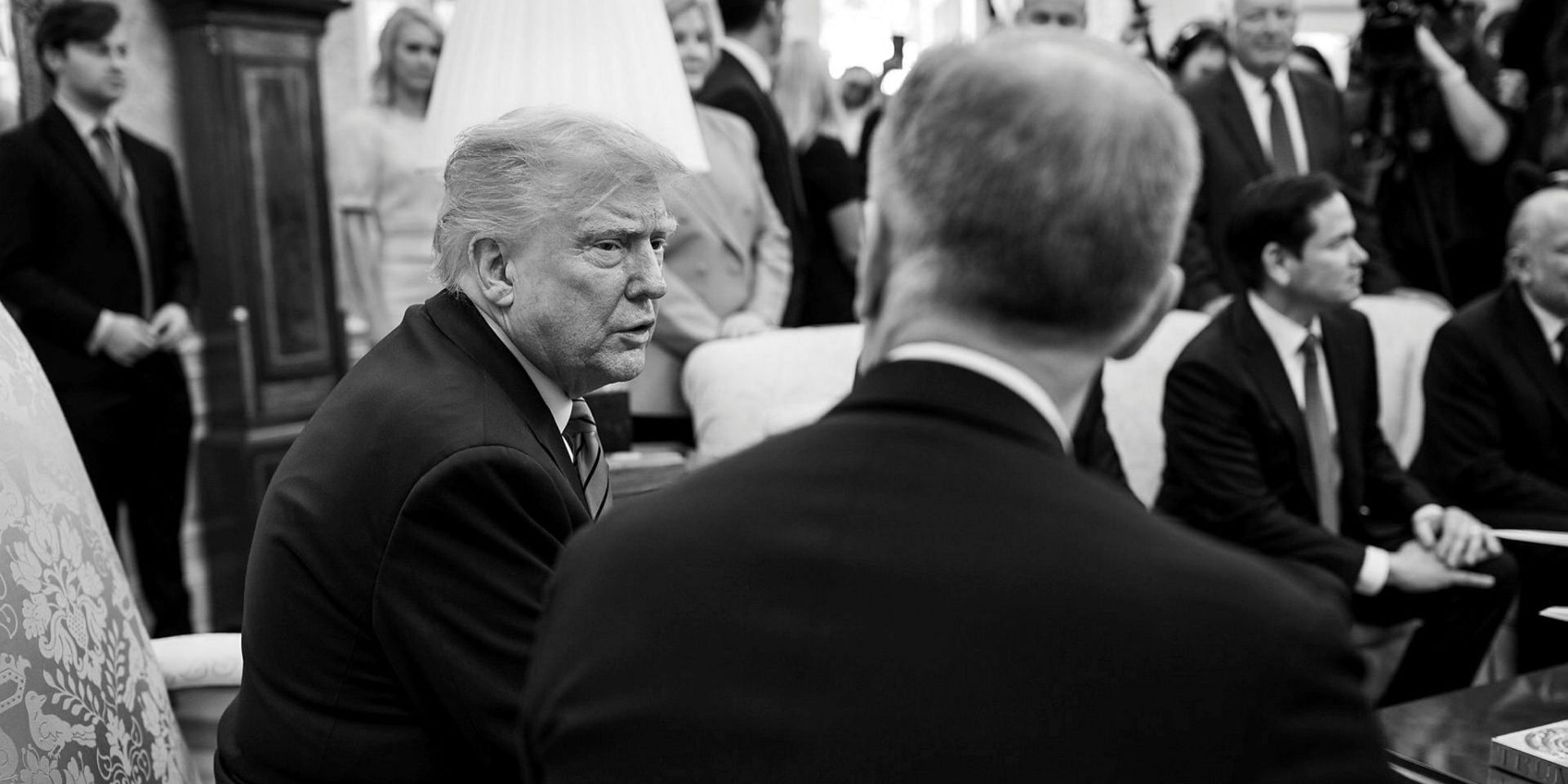Carney’s Trump problem

OAKVILLE, ONT.—This might sound outlandish, but to my mind, there’s something about United States President Donald Trump that reminds me of the Great Khans who once ruled the Mongol Empire.
Of course, to see why I think this, you first need a basic understanding of Mongol history.
So, the CliffsNotes version is that the Mongols, a tribe of fierce nomadic horse warriors, erupted from the Asian steppes in the 13th century, and proceeded to conquer great swathes of territory from China and all the way to the borders of eastern Europe.
Interestingly, the ideology of the Mongol kings or Khans was that heaven had granted them a divine right to rule the entire world.
Thus, even if you lived outside the Mongol Empire, the Khan would consider you his subject, and the sooner you accepted that idea, the better.
In the words of one historian, “there was no possibility of negotiation on equal terms with the Mongols: in their opinion, any ruler who had not submitted to them, whether or not he had ever heard of the Mongols, had the status of a rebel against the divinely ordained government of the world.”
For instance, in 1246, Güyük Khan sent a letter to Pope Innocent IV demanding that the pontiff present himself at the Khan’s court to officially submit to Mongol rule, and failure to do so would result in dire consequences.
Okay, so what does all this have to do with Trump?
Well, I’m not suggesting he’ll try to conquer the world (except for maybe Greenland), but like the Khans, the U.S. president seems to see resistance to his goals as akin to rebelling against a divinely ordained goal, the goal to “Make America Great Again.”
In other words, Trump seems to view other countries almost as if they were his subjects, meaning he thinks they should put the economic needs of America first, even if they must pay a price.
Hence, Trump always reacts with anger whenever other countries respond to his tariffs with retaliatory tariffs.
My point is, as with the Mongols, there is little possibility of negotiating on equal terms with Trump; he seeks submission.
This presents Prime Minister Mark Carney with a serious political problem.
Keep in mind, Carney won this year’s federal election by promising an aggressive “elbows up” response to the tariffs Trump has slapped on Canada.
But since that election, his elbows have been lowered.
First off, when Trump demanded Canada kill its digital sales tax, Carney complied.
Then, in a more stunning move, Carney recently announced he was removing some of the retaliatory tariffs he had imposed on American products.
These look like the opening moves to an eventual Canadian surrender.
Mind you, given that his adversary has a Mongolian mindset, perhaps Carney has no choice.
Maybe submitting is his only play.
Indeed, the media has been relatively supportive of the prime minister’s conciliatory tactics.
I’ve seen headlines like “Canadians can put their elbows down and keep their heads high,” and “Carney’s reciprocal tariff retreat might seem like a betrayal, but it makes sense.”
But even if Carney’s retreat does make economic sense, it still makes him appear weak.
And appearing weak is never a good look for a politician.
In fact, Conservative Party Leader Pierre Poilievre is already going on the attack.
He wrote of Carney, “He promised to handle Donald Trump and negotiate a win. Today, there is no deal. No victory. Just more tariffs, higher costs, and a weaker economy.”
So, by putting his elbows down, Carney could end up paying a political price.
But that’s the peril of negotiating with “Genghis Trump.”
Gerry Nicholls is a communications consultant.
The Hill Times






 LICENSING
LICENSING PODCAST
PODCAST ALERTS
ALERTS


